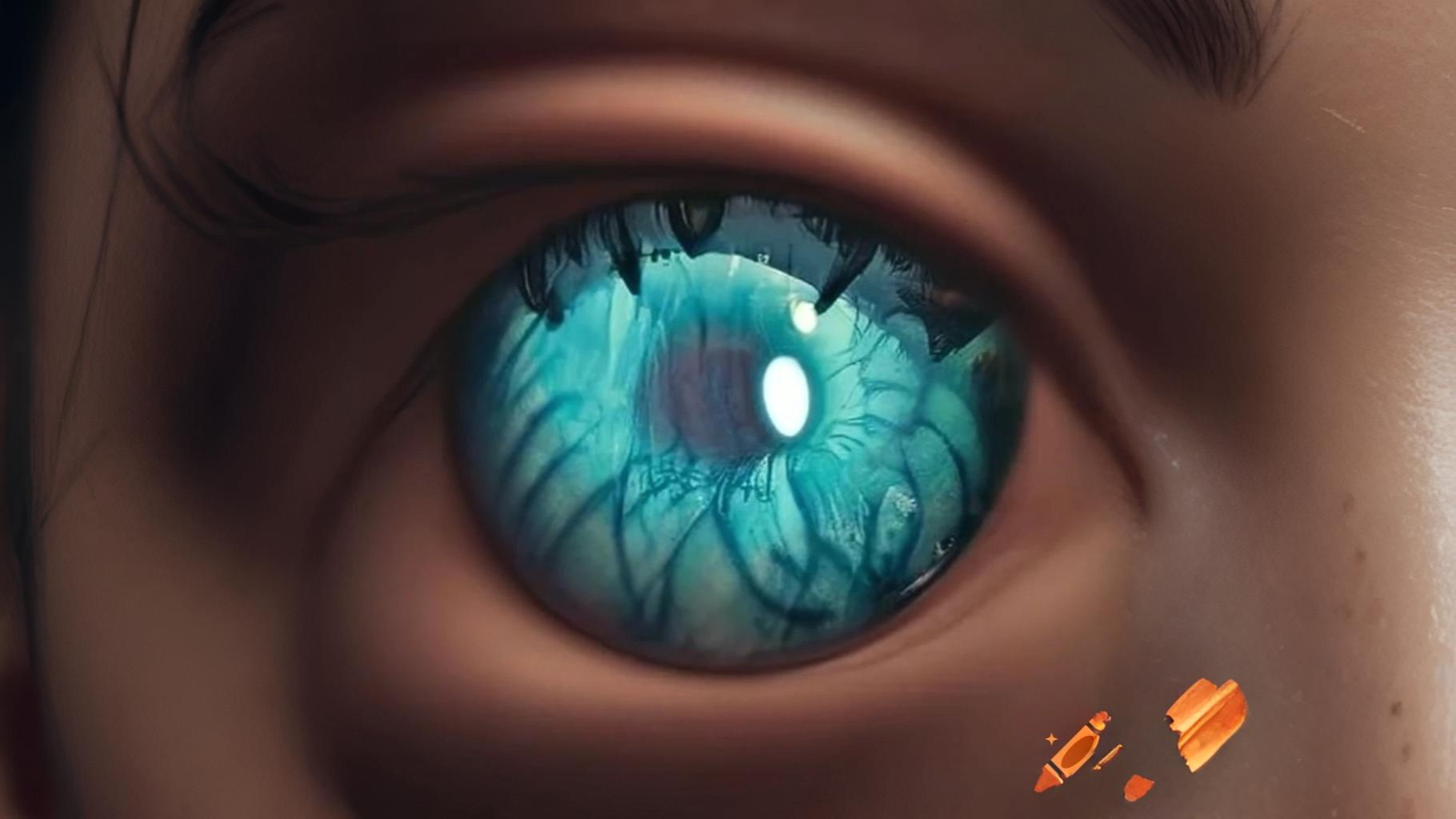Glassy eyes describe a condition where the eyes appear shiny, unfocused, or unusually bright. This can happen for many reasons, ranging from tiredness to medical conditions. People with glassy eyes may seem distracted, dazed, or even unwell. It is a common issue, and understanding the causes can help manage it better.
Common Causes of Glassy Eyes
Glassy eyes can result from different factors, some temporary and others more serious. Here are some of the most common reasons:
1. Fatigue and Lack of Sleep
When someone is extremely tired, their eyes may become dry and glossy. Lack of rest reduces tear production, leading to a shiny appearance. Many people notice this effect after staying up late or working long hours without breaks.
2. Dehydration
Not drinking enough water can affect the body in many ways, including the eyes. Dehydration can cause dryness, irritation, and a glassy look. When the body lacks fluids, the eyes may appear more reflective and less focused.
3. Allergies
Seasonal allergies or reactions to dust, pollen, and pet dander can lead to watery, glassy eyes. Allergies trigger the body to release histamines, which cause itching, redness, and excessive tearing, making the eyes appear glossy.
4. Illness and Fever
When someone is sick, especially with a fever, their eyes may become glossy. This happens because the body is fighting an infection, and increased temperature can make the eyes look watery and unfocused.
5. Medications
Certain medications, including antihistamines, antidepressants, and painkillers, can cause dryness and a glossy appearance in the eyes. Some drugs also affect focus, making the eyes look dazed.
6. Alcohol and Drug Use
Alcohol and drug consumption can cause bloodshot and glassy eyes. Alcohol dehydrates the body, while some substances relax the muscles around the eyes, leading to a dazed or glossy appearance.
7. Stress and Anxiety
Emotional stress and anxiety can cause eye changes, including a glassy look. When stressed, the body reacts by altering blood flow and hormone levels, which may make the eyes appear distant or unfocused.
Glassy Eyes in Different Age Groups
People of all ages can experience glassy eyes, but the causes may vary depending on age.
1. Glassy Eyes in Children
Children may develop glassy eyes due to tiredness, fever, or allergies. Parents often notice this when a child is sick, not getting enough sleep, or reacting to environmental irritants.
2. Glassy Eyes in Adults
In adults, glassy eyes are often linked to fatigue, stress, or alcohol use. Busy work schedules, long screen time, and emotional strain can contribute to this condition.
3. Glassy Eyes in the Elderly
Older adults may experience glassy eyes due to dehydration, medications, or underlying health conditions like diabetes or neurological disorders.
When to Seek Medical Attention
While glassy eyes are usually harmless, there are times when they may signal a serious issue. It is important to seek medical help if glassy eyes are accompanied by:
- High fever
- Confusion or dizziness
- Severe headache
- Slurred speech
- Difficulty breathing
- Loss of consciousness These symptoms could indicate serious conditions such as infections, neurological disorders, or medical emergencies that require immediate attention.
How to Treat and Prevent Glassy Eyes
The best treatment depends on the cause. Here are some simple remedies:
1. Rest and Hydration
Getting enough sleep and drinking plenty of water can quickly improve glassy eyes caused by fatigue or dehydration.
2. Eye Drops
Artificial tears or lubricating eye drops can help with dryness and irritation, especially for people who work in front of screens for long hours.
3. Managing Allergies
Using antihistamines and avoiding allergens can help reduce symptoms of allergic reactions, including glassy eyes.
4. Reducing Stress
Practicing relaxation techniques such as deep breathing, meditation, or light exercise can help reduce stress-related eye symptoms.
5. Limiting Alcohol and Drug Use
Avoiding excessive alcohol consumption and being mindful of medication side effects can help maintain clear and healthy-looking eyes.
Personal Experience and Tips
Many people have experienced glassy eyes at some point. After working late nights, I have noticed my own eyes becoming dry and glossy. Drinking more water and taking short breaks from the screen have helped reduce this effect. Simple lifestyle changes can make a big difference in eye health.
Final Thoughts
Glassy eyes can happen for many reasons, but they are usually not a cause for concern. Recognizing the common causes and knowing when to seek help can ensure better eye health and overall well-being. Making small changes like staying hydrated, getting enough sleep, and managing stress can prevent this issue from becoming a frequent problem.
